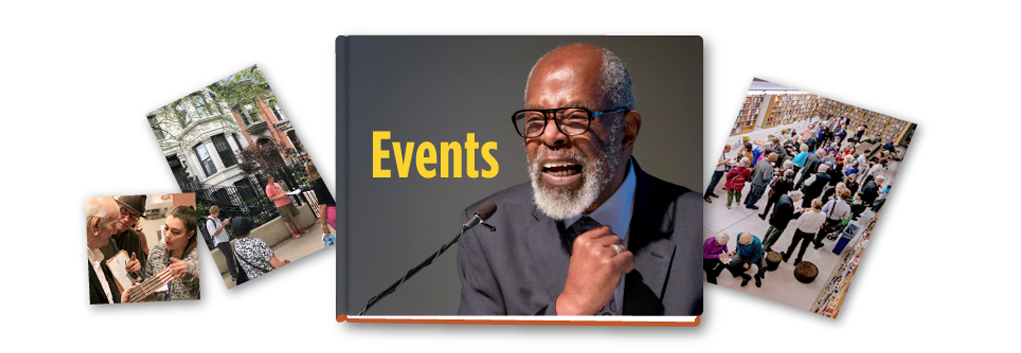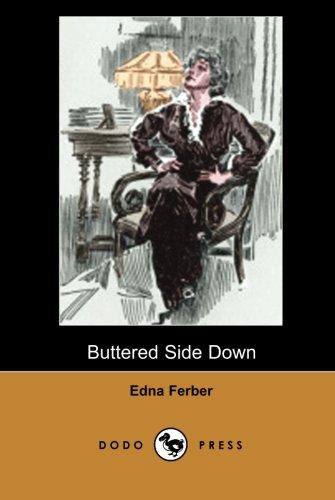
Great Chicago Books Club: Buttered Side Down
Sunday, March 25, 2018
6-8 p.m.
Humphrey House
Oak Park, IL 60304
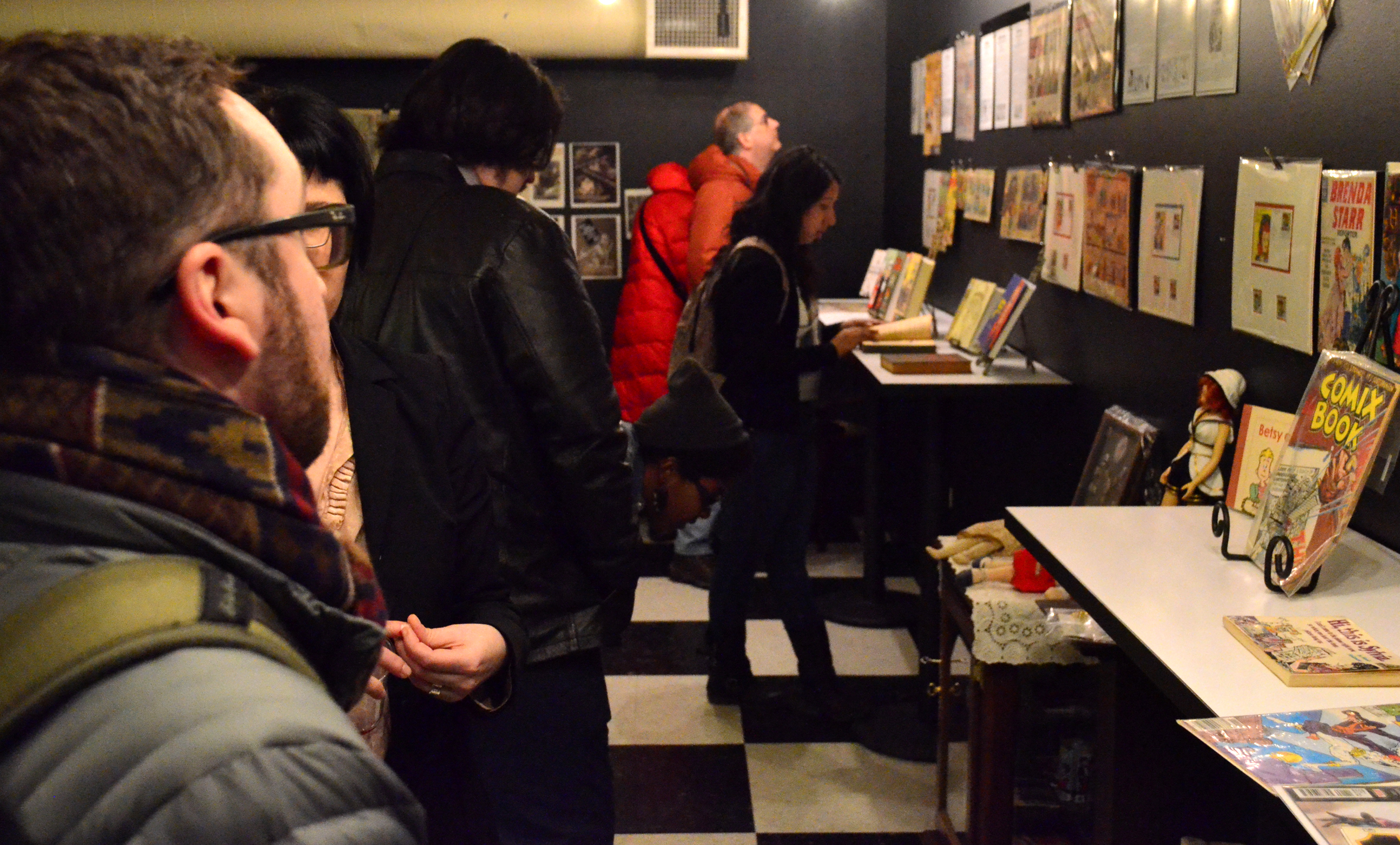
Comic Book Chicago: A Panel Discussion
Thursday, March 22, 2018
7-8 p.m.
Chicago Literacy Alliance
641 W. Lake Street
Suite #200
Chicago, IL 60661
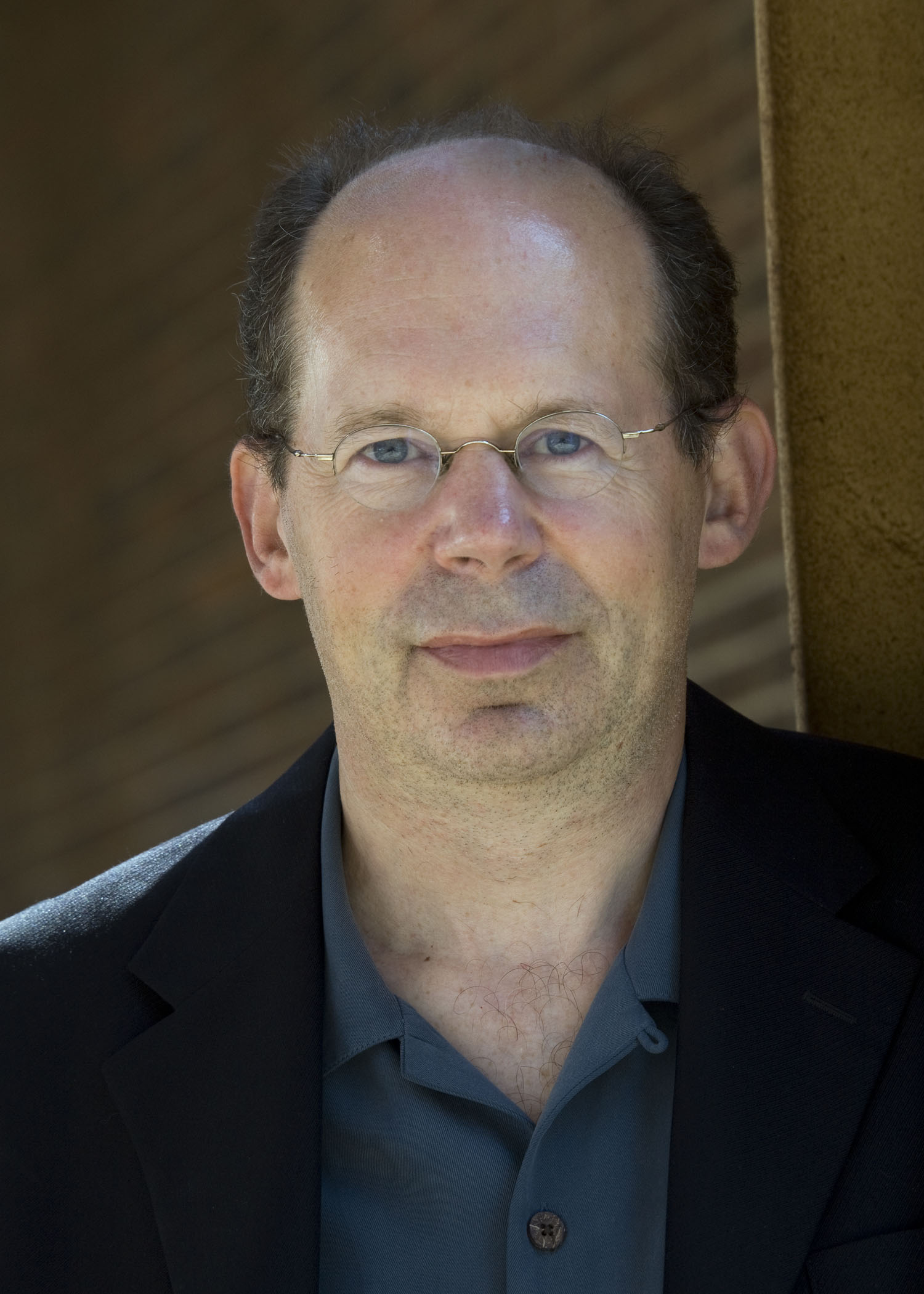
Great Chicago Books Club: There Are No Children Here
Sunday, February 25, 2018
5:30-8 p.m.
Oak Park
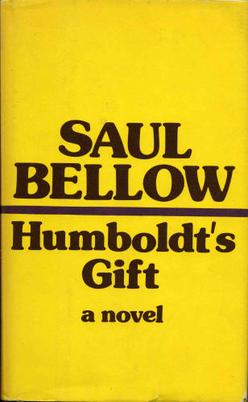
Great Chicago Books Club: Saul Bellow’s Humboldt’s Gift
Sunday, January 28, 2018
6-8 p.m.
Humphrey House
Oak Park, IL 60304
Chasing Wilder in Chicago
Wednesday, November 15, 2017
5 p.m.
Ruggles Hall (60 W. Walton Street, Chicago)
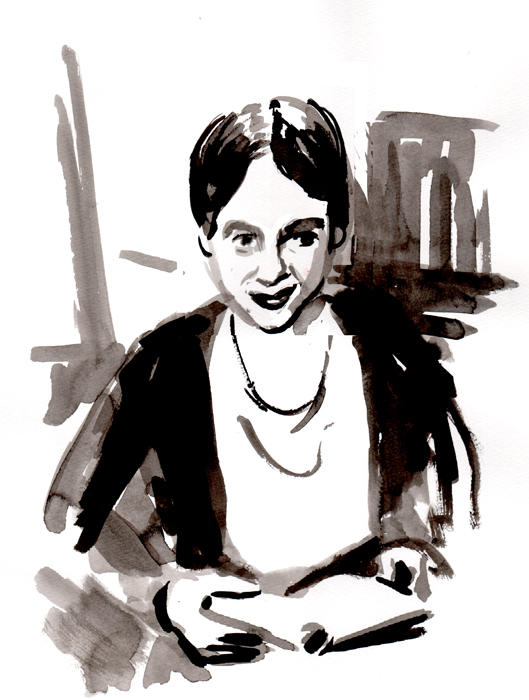
Margaret Ayer Barnes to Gain Induction to CLHOF
Thursday, October 5, 2017
7 to 8:15 p.m.
Volumes Bookcafé
1474 N. Milwaukee Ave.
Chicago, IL 60622
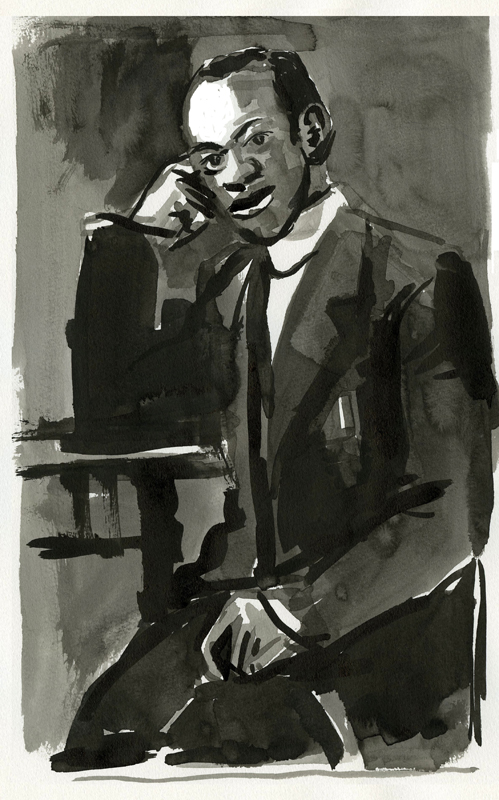
Fenton Johnson Induction Ceremony at Poetry Foundation, Sept. 14
Thursday, September 14, 2017
7 P.M.
A Funny Thing Happened on the Way to the Punch Line: The Evolution of Chicago Comics into an Art Form
Tuesday, September 5, 2017
5:30 to 7 p.m.
Chicago Literacy Alliance
641 W. Lake Street, Suite #200, Chicago, IL
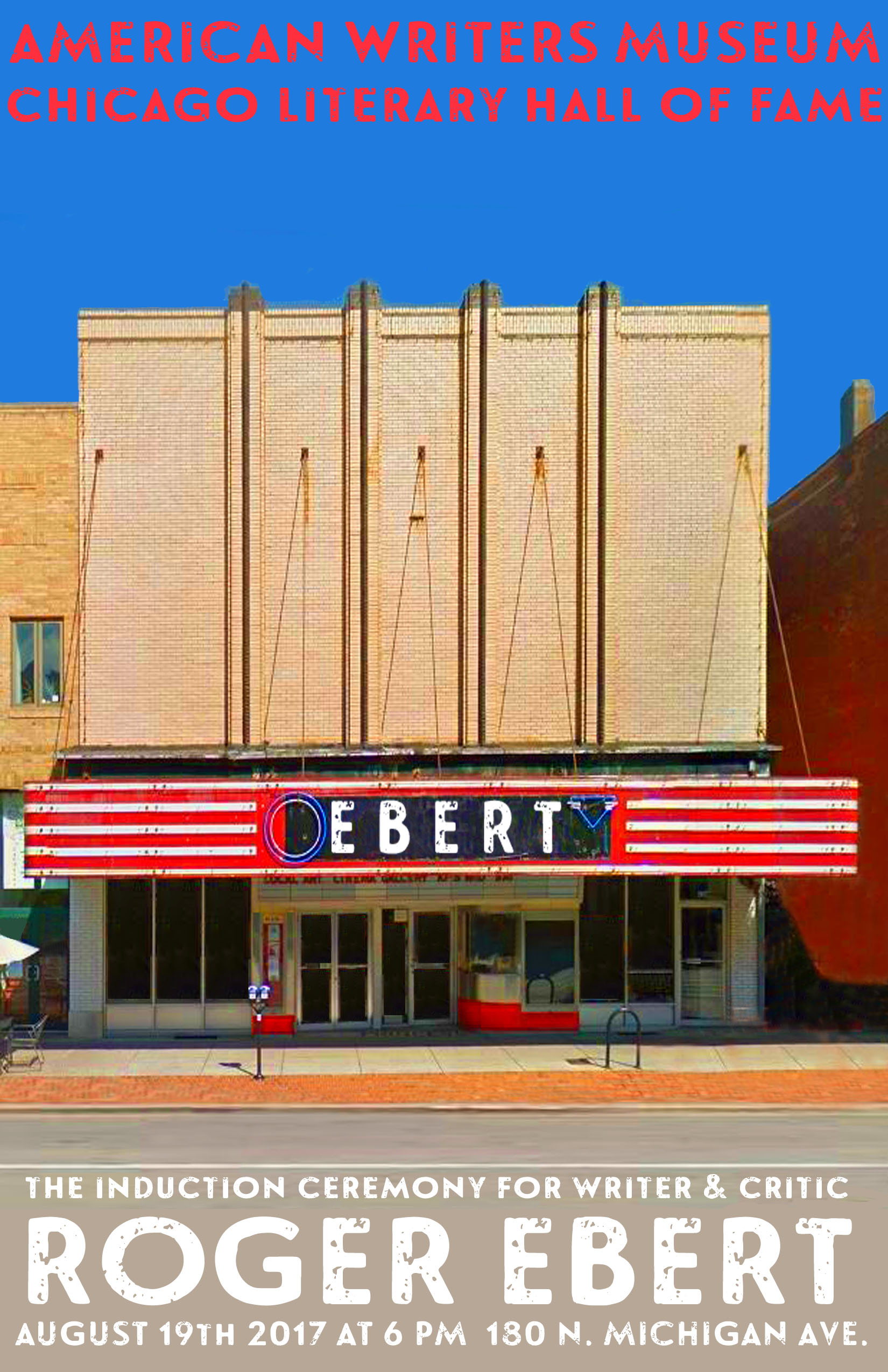
At the Typewriter: Roger Ebert Induction Ceremony at AWM
Saturday, August 19, 2017
6-9 p.m.
American Writers Museum, 180 N. Michigan Ave., 2nd Floor
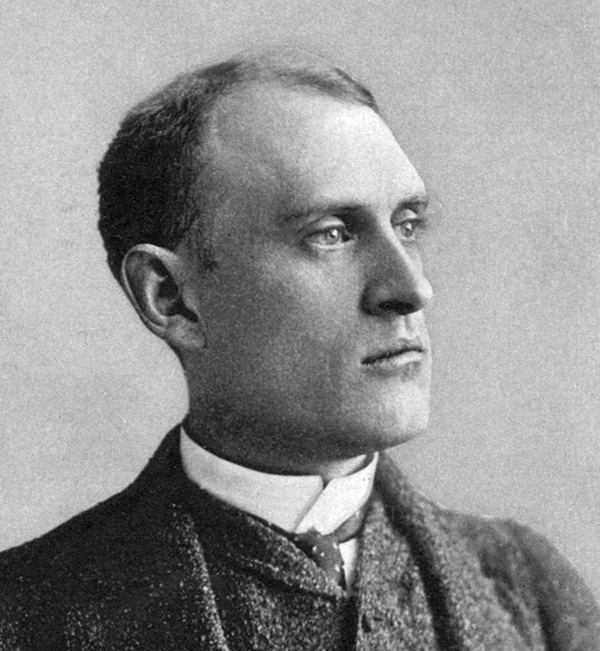
Eugene Field Induction Ceremony at Poetry Foundation
Wednesday, June 21, 2017
7 p.m.
Poetry Foundation
61 W. Superior St.
Chicago, IL
Literary Chicago
Sign up for CLHoF Announcements
Chicago Literary Hall of Fame
Email: Don Evans
4043 N. Ravenswood Ave., #222
Chicago, IL 60613
773.414.2603


